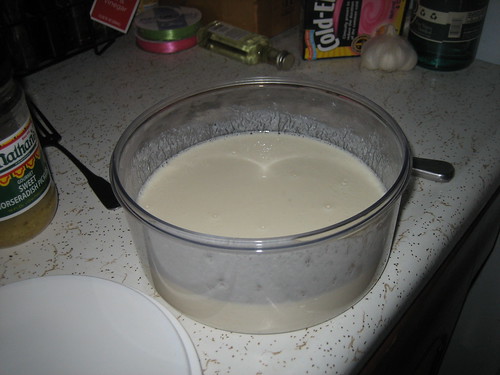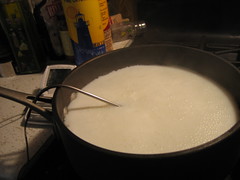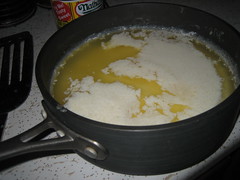What is a CSA, you might ask? Well, I'm not going to say there are hard and fast rules, to be sure, but normally, a CSA is a family farm, or small group of farms. You purchase a membership, or share, in the CSA, usually paid for in an upfront fee. In return, you are guaranteed a regular share of whatever that farm is producing. Most CSA's supply produce, although there are ones that sell eggs, milk, free range chickens, and even beef, pork, etc. Produce CSA's typically have a weekly pickup, and members will receive whatever is at its peak that week. Many CSA's raise their produce sustainably and organically, though often, they are not certified due to the increasing governmental fees and regulations for organic certifications that benefit corporations at the expense of family farms.
How can I join a CSA, you might ask, and how can I find one in the first place? Well, finding CSA's is a reasonably easy task. One of the quickest ways is to visit Local Harvest, a website dedicated to promoting local agriculture in the form of CSA's, farmers' markets, etc. Many, many CSA's use the site to promote themselves.
Joining a CSA can be a little trickier. There is, after all, only so much that any farm can produce, and many CSA farms are geared towards quality, not quantity. Because of this, CSA membership is limited, and more popular ones can have long waiting lists. I have been on a waiting list for a fruit CSA for over a year, and I can only hope that I will have a chance to get in next year. The good news is that new CSA's are springing up all the time. Additionally, many CSA's also sell at some farmers' markets, so you can have an opportunity to sample the produce from different farms before making your decision as to which CSA to try to join. Most CSA memberships fill up before the growing season starts, so it is probably too late to join one this year (though it never hurts to ask). However, if you find one that you like, you can definitely get on the list for next year.
There are also CSA's that will sell to the general public from their farms, and though you aren't guaranteed specific items, and will perhaps pay more than you would if you were a member, it is still a good way to explore whether you would like to join later.
CSA's are a wonderful way to get the best of what is fresh now, to find produce and other products that are rare in commercial markets, and to obtain high quality food for incredible prices. I highly urge you to check out what's in your area!






